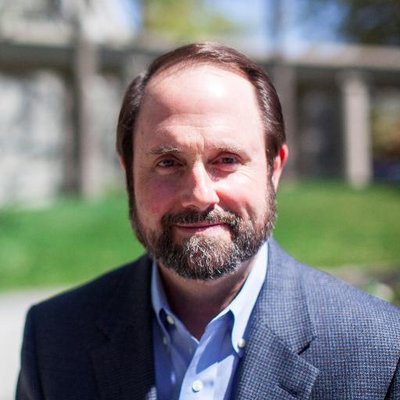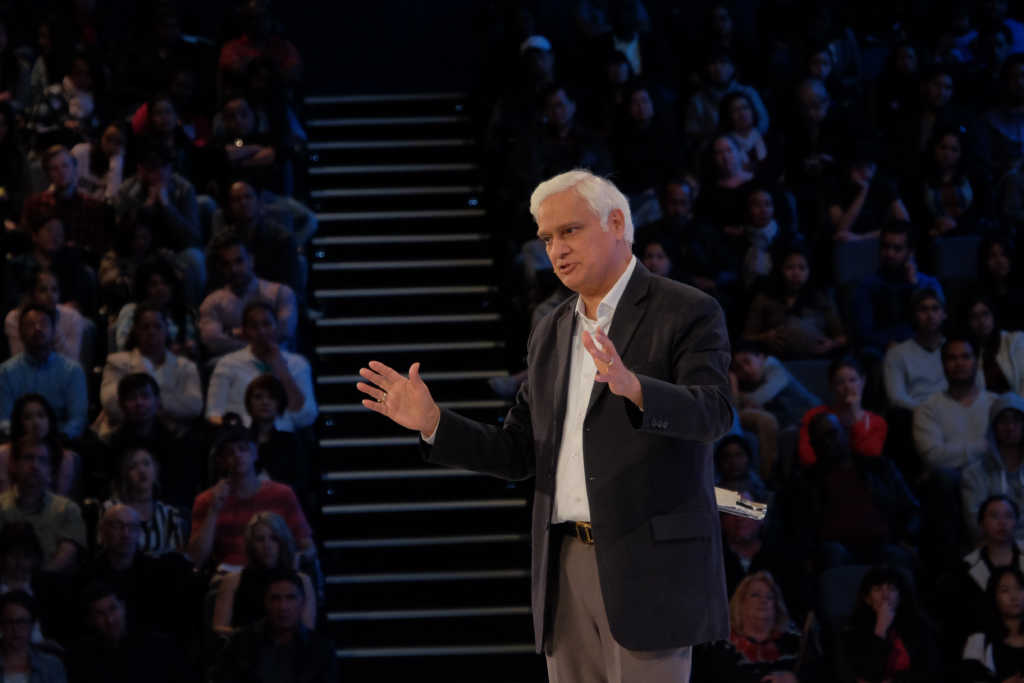Ravi Zacharias, widely considered one of the most effective Christian apologists of our generation, died this week at the age of 74. C. S. Lewis, the man with whom he was often compared, died five years after I was born.
I did not have the privilege of meeting either of them. And yet, they were instrumental in my faith in a way that might surprise them both, but is relevant to us all.
My purpose today is not to offer personal gratitude for their work, though I join millions of other believers in giving thanks for their transformative insights and persuasive defense of our faith.
Nor is it to express professional appreciation for their contributions, though I have taught apologetics with four seminaries and have often used their brilliant insights with my students.
My deepest gratitude for Zacharias and Lewis is more visceral than intellectual. It centers on who they were more than what they did.
Here’s the background: my father was so active in his church that his friends thought he might enter vocational ministry. However, after fighting in World War II, he never attended church again. As a result, I grew up in a loving home, but with no spiritual life and all my father’s questions.
I came to faith in Christ as a teenager through the influence of friends, but continued to struggle with doubts. For years, I wondered if my faith was genuine since I had questions no one else seemed to be asking.
Then I was given a copy of Lewis’ “Mere Christianity.” For the first time, I found someone who dealt with my faith in an intellectual way. His explanations and approaches resonated with me then, as they do still today.
Years later, I discovered the work of Zacharias. I read several of his books and attended his lectures whenever I had the opportunity. As with Lewis, I found his responses to our skeptical culture to be both effective and encouraging.
Here’s the problem: despite my decades of theological training and advanced degrees, there are days when I still struggle. Like the disciples after Jesus’ resurrection who “worshiped him, but some doubted” (Matthew 28:17), I have learned that it is possible to have both faith and questions.
But in the days when I most needed encouragement, Zacharias and Lewis were there. Not just with their answers, but even more with their example.
Both men were deeply and personally committed to Christ. Their faith was more than a theological position they defended — it was the air they breathed. Both had shortcomings, of course, a fact they publicly acknowledged. But both knew Jesus — not just intellectually but intuitively, on a deep level of intimate passion.
Even though I never met them personally, I looked to their example over the years and was greatly encouraged. If these men of towering genius could embrace the veracity of our faith and worship our Lord with joy, so can I.
Here’s my word to you in the midst of the COVID-19 pandemic: others you may never meet are watching you. When times are good, they can dismiss your faith as convenient. When times are hard, but you are serving and trusting Jesus, they will be impressed with the strength and sincerity of your faith.
Think of those Christians whose commitment to Christ most inspired you over the years. Were they women and men who faced no struggles? Or were they women and men who trusted Jesus in their struggles?
We may not have the intellectual gifts of Zacharias or Lewis, but we can emulate their love for our Lord. We can trust and serve Jesus in these hard days. And we can know that God is using our faith to draw others to faith.
The darker the room, the more obvious and powerful the light.

Jim Denison is Resident Scholar for Ethics with Baylor Scott & White Health and the founder of Denison Forum, with a reach of 1.7 million.


